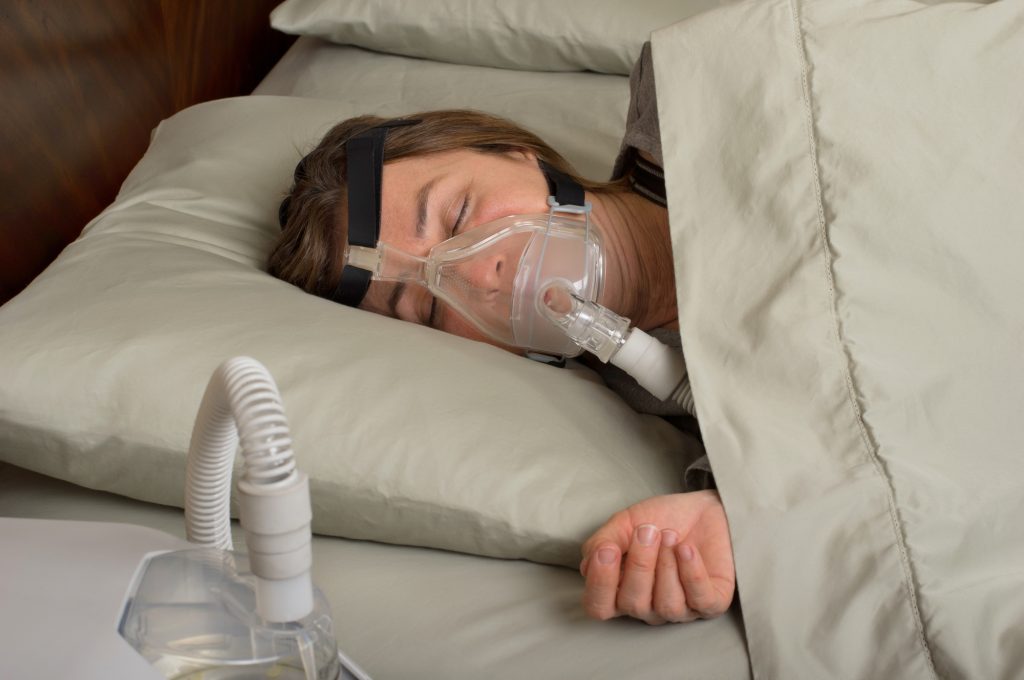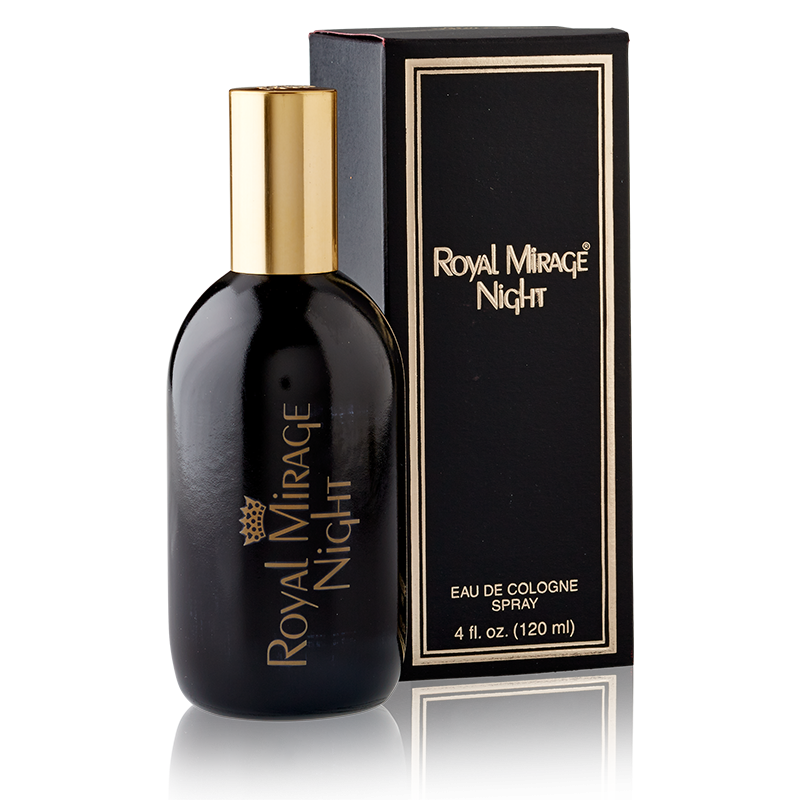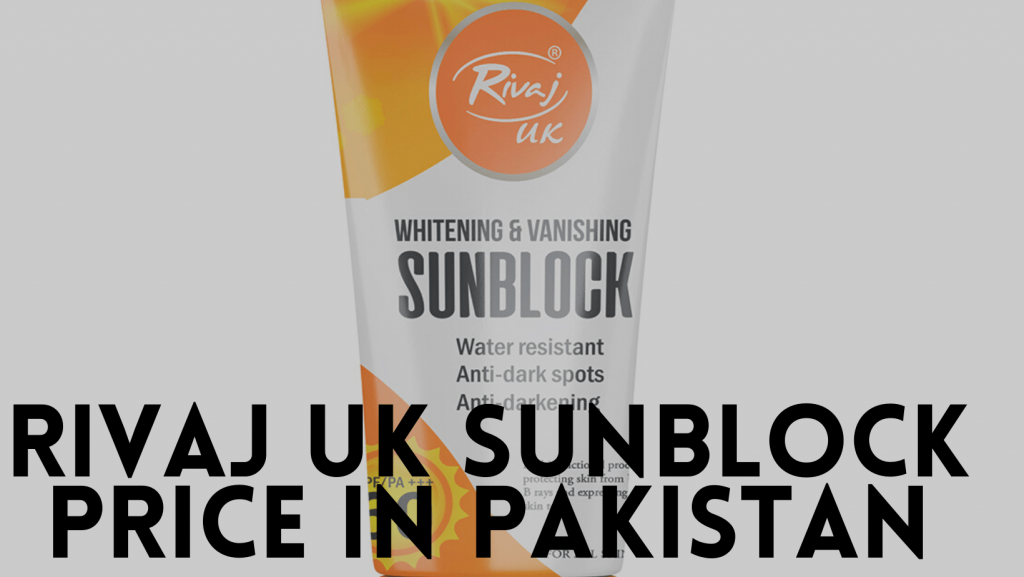What’s the difference between continuous positive airway pressure (CPAP) and oral appliance therapy (OAT)?
Oral appliance therapy and CPAP have both been proven effective in treating sleep apnea. However, each one provides a completely different experience for the user.
In this article, we will be going over the differences between CPAP vs oral appliance therapy, which might better help you decide which of these treatment options would work best for you.
Effectiveness
CPAP therapy is thought to be the best way to help sleep apnea. It includes putting a mask over your nose and/or mouth and getting a steady flow of pressurized air through it to keep your airway open. CPAP is a very effective way to treat moderate to serious cases of sleep apnea.
Oral appliance therapy, on the other hand, includes putting the jaw and tongue in a different position to keep the airway open. It is usually suggested for people with mild to moderate sleep apnea or for those who can’t use CPAP. See this oral appliance therapy for your convenience.
Comfort and Convenience
When comparing CPAP vs oral appliance therapy, it is important to consider comfort and convenience. For instance, because of the mask, the tube, and the air pressure, CPAP therapy can be uncomfortable for many people. It can make your skin dry, make your nose stuffy, and irritate your skin.
Modern CPAP machines, on the other hand, have better features and choices for different types of masks to make them more comfortable.
Oral appliances are usually more comfortable to wear and don’t need to be plugged in or set up in a complicated way. They are small and easy to take with you.
Tolerance and Compliance
Some people find it hard to get used to CPAP treatment, especially when they first start. It can take some time to get used to wearing the mask and feeling the airflow.
Compliance with CPAP treatment can be an issue for those who find it uncomfortable or experience claustrophobia. Oral appliances are typically easier to adapt to, and compliance rates tend to be higher.
Health Considerations
People with serious sleep apnea, significant oxygen desaturation, or certain medical conditions, such as congestive heart failure, are often told to use CPAP therapy. It can solve these problems effectively by providing constant positive pressure.
People with mild to moderate sleep apnea or those whose anatomical factors make them good candidates for oral appliance treatment are often told to use oral appliances.
Long-Term Management
Both CPAP treatment and therapy with an oral appliance need to be managed on a regular basis. CPAP machines need to be taken care of and have parts like filters, masks, and tubing changed out on a frequent basis.
Oral tools may need to be tweaked over time to keep working well. It’s important to check in with your doctor often to make sure that the chosen treatment is working properly and is helping.
CPAP vs Oral Appliance: Choose What is Right For You
When choosing between CPAP vs Oral Appliances, it is important to note that both are excellent solutions for those suffering from OSA. Ultimately, it is up to you and your doctor to decide which is the best treatment plan for your individual case. Speak to your doctor and research the various options to see which one will work best for you.
Is this article helpful? Keep reading our blog for more.
James Martin is a passionate writer and the founder of OnTimeMagazines & EastLifePro. He loves to write principally about technology trends. He loves to share his opinion on what’s happening in tech around the world.



